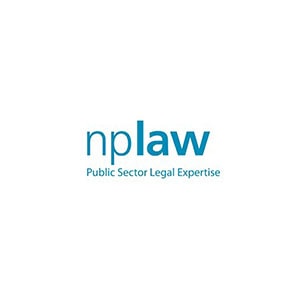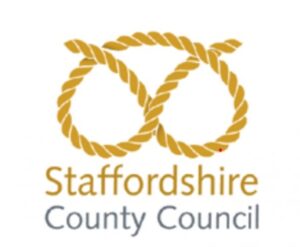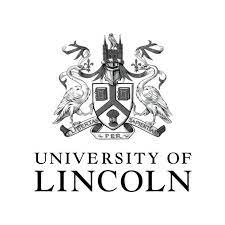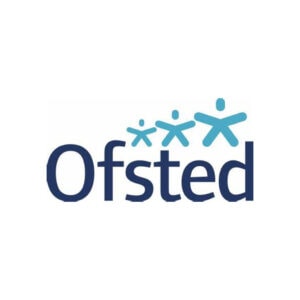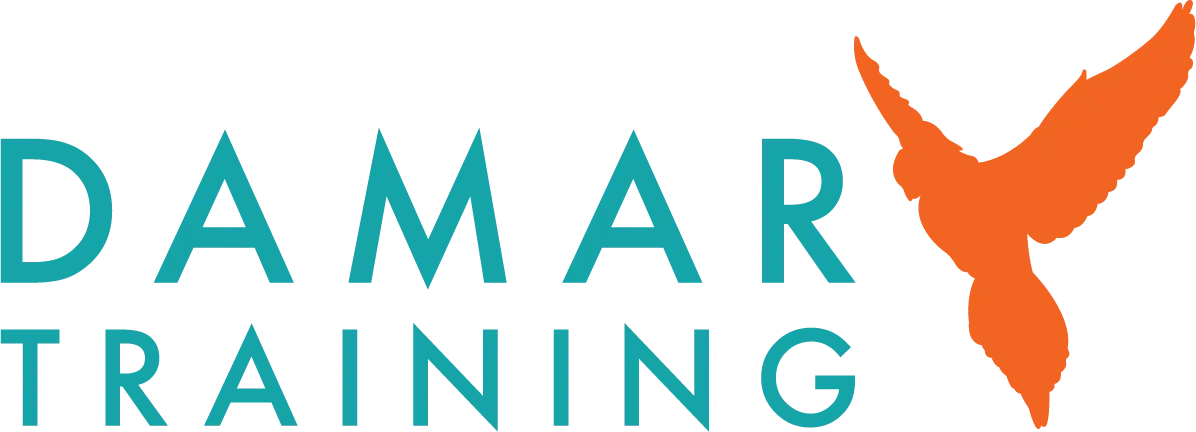Apprenticeship FAQs for Employers
If you’re new to the world of apprenticeships, it can seem like there’s a lot to take in. At Damar, we have 45 years’ experience of working with large employers, SMEs and public sector organisations so we understand the challenges and issues you may be facing. We can provide the expertise and support to enable your organisation to grow and thrive through our apprenticeship programmes and workforce development training.
Here are some apprenticeship FAQs for employers. If there is anything else you would like to know or you are considering apprenticeship training for your business, please get in touch. We’ll be happy to help.
Apprenticeship FAQs for employers
An apprenticeship is an on the job training programme that develops an employees’ knowledge, skills and behaviours in order to perform in their job role. The training is designed to be flexible and meet the needs of the individual and their employer.
There are no age restrictions on apprenticeships and apprenticeship training can be used for new recruits or to upskill existing staff. Apprenticeships are also open to graduates. However, we do need to ensure that there is a sufficient enough gap in the individual’s required skills, knowledge and behaviours so that they will benefit from the training.
Some of our apprenticeship programmes (e.g. solicitor) have additional specific requirements. See the individual apprenticeship pages for further information.
Apprenticeships can be used for new staff or existing employees, who may need to upskill in their current position or who are looking to change roles.
Skills shortages and staff retention are still among the biggest risks to UK businesses. Apprenticeships can help businesses across all industries by offering a cost effective route to attract fresh talent and to invest in workforce development. If you have trained staff with the right skills for the job, they can do a wider range of tasks and take on new responsibilities – this can help to reduce skill shortages, minimise staff turnover, improve your customer experience and increase productivity.
All apprenticeships are part of a group of national qualifications known as ‘standards’. These qualifications are all constructed in the same way:
- On-programme learning: Learning the underpinning knowledge and applying this by demonstrating through skills and behaviours at work
- Gateway to completion: This is the point at which the apprentice is able to show they are meeting the standard
- End-point assessment: The apprentice will demonstrate their competence to an independent end-point assessor.
All apprentices are expected to complete the off-the-job training hours as set out in their training plan. At Damar, these hours are spread out throughout the programme and include coaching sessions and workshops, independent study using Damar OpenLearning or other resources, and workplace learning through taking on new tasks and learning new ways of working.
We take a blended delivery approach to on-programme learning. This means that apprentices will learn through a mix of coaching sessions and workshops, delivered either individually or as part of a group and through a range of video conferencing or online sessions through our virtual learning environment, Damar OpenLearning. The right mix for your apprentice’s programme will be discussed and agreed in their training plan.
Apprentices will use our eportfolio system, OneFile, to store their work and track their progress. You’ll also have access to OneFile so that you can monitor this and offer feedback through reviews.
Apprenticeship vary in duration, but are always at least eight months in length. Please see our individual apprenticeship pages for the duration of each standard with Damar or our insights blog on how long apprenticeships last.
All apprenticeships embed the functional use of maths and English. Apprentices unable to evidence maths and English at GCSE level 4 or above may need to take functional skills exams as part of the apprenticeship. Additional training is provided if necessary.
Please note that for our solicitor apprenticeship programme, apprentices must already have at least 5 GCSES (or equivalent) at grade 4 or above, including maths and English, to be eligible.
All apprentices are expected to spend time on off-the-job training during their contracted working hours. The time required is set out in the apprentice’s training plan.
Your role as an employer is to work with the Damar coach to develop your apprentice to be fully competent in their role.
Planning
- Planning a programme that best fills the learning gap for your apprentice
- Challenging and motivating your apprentice to succeed
- Providing the time and space for your apprentice to complete their learning.
Training
- Making sure your apprentice is applying their learning between sessions
- Filling gaps in knowledge and skills with content specific to your organisation
- Giving your apprentice access to internal training relevant to their role
- Releasing your apprentice for time to learn.
Reviewing
- Making time to meet regularly with your apprentice and their coach
- Reviewing the progress and work completed by your apprentice in line with their development at work
- Providing written feedback through ongoing reviews on our OneFile system.
If your annual wage bill is over £3 million, the cost of training will be funded by your apprenticeship levy. We can help you to navigate your Apprenticeship Service account to access this funding.
If your wage bill is below the £3 million threshold, the government covers 100% of the training costs* for apprentices aged 16-21 and 95% of the training costs* for apprentices aged 22 and over.
You can find out more about other financial incentives for employers in our insights blog.
*Please note, some apprenticeships have accreditation costs which are not eligible for government funding.
The minimum apprenticeship wage is £7.55. However, we strongly encourage all of our employers to pay more in order to attract high calibre candidates.
We hope that these apprenticeship FAQs for employers have helped to answer your questions. If there is something else you’d like to know, just get in touch.


“Apprenticeships are integral to our workforce development strategy. We’re using apprenticeships to build a talent pipeline. Once the apprentices step up into more senior roles, the business has an appetite to fill from the bottom, to go and get another apprentice and to do it all again.”
Ben Winstanley
Early Careers Specialist
DWF
Latest news
Damar Training appoints Lee Hill as Commercial Director
Solicitor apprenticeships – routes to qualification
Major apprenticeship funding changes
Employer partners





